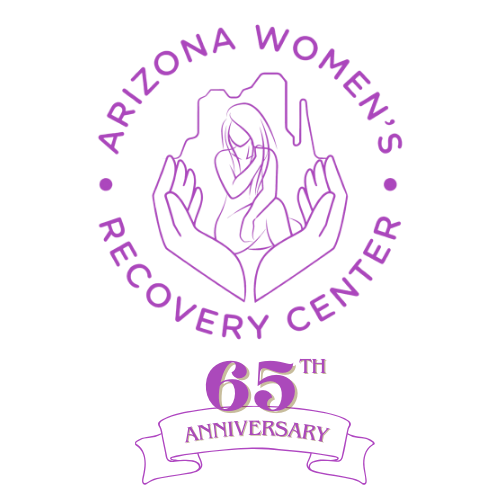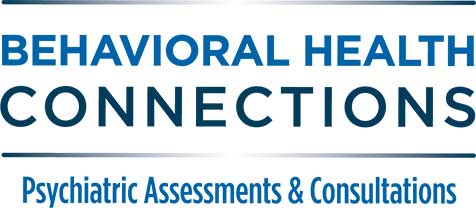Addicts lies to themselves and others in order to justify continuing their behaviors, have you ever used any of these?
“It’s not that bad.” At the first sign of confrontation, addicts minimize their addiction by claiming it isn’t that bad. They might even say they were far worse in the past.
“I only use it occasionally.” Instead of flatly denying, they might admit to far less than what they are doing. The rule of thumb is that an addict admits to less than half of their actual usage.
“I can’t deal with (fill in the blank) without it.” The irony of this statement is the addict begins to look for reasons to use their drug of choice. They might even create unnecessary problems to support it.
“I can stop whenever I want to.” To keep from thinking they are addicted, they deceive themselves into believing they can stop at any time. They might even go for a short period of time to prove it, but it is only temporary.
“I’m not like … he/she is worse.” By comparing themselves to others, addicts can minimize the effects of the addiction while highlighting the severity of another person.
“I’m different than …” Again, they pick another addict that is strongly disliked and say they are not like them. This comparison might even be accurate but it doesn’t diminish the reality of the addiction.
“Everyone else does it.” This is a larger comparison where an addict claims everyone they know does the exact same thing and therefore, they can’t have an addiction. It is a type of group think.
“This is my thing, not yours.” Addicts tend to become weirdly possessive of their drug of choice. It is an affair of sorts where they are uniquely connected to the substance.
“Life without it is boring.” This is further evidence of a substance affair. An addict sees life as dull and meaningless without the use of the substance.
“I just like how it feels.” True addicts develop a personal relationship with their substance and assign properties to it as if it was a human. The substance can generate feelings within the addict.
“I can’t be social without it.” A common belief is an addict is unable to engage in society or with family and friends without the using.
“If everyone is, I have to too.” Addicts will claim everyone else does it and they have to too, as if there were no other options.
“I need it to be creative.” This lie actually gives the substance credit for the addict’s creativity instead of the person doing the task.
“I need it to relax.” Instead of dealing with stress and anxiety, they cover it up with their substance usage. But the problem that brought on the stress still remains.
“You are trying to take away my fun.” As soon as the addict receives some resistant from others for using, they resort to believing everyone is trying to keep them from enjoying life.
“It makes me a better person.” To justify their usage, addicts will say without the substance they are more angry, frustrated, anxious, depressed, and/or bitter.
“It hasn’t changed me.” The contrast to the previous statement is the substance doesn’t have any effect on the abuser. In reality, the worse the addiction, the more dramatic the personality changes.
“I’m not hurting you.” After being confronted, an addict will minimize the effects of their addiction by claiming they are not doing any harm to others.
“I’m still working, so it’s not that. ” To prove they are not addicted, an addict will use their ability to continue with work as justification. Many addicts are able to function.
“The kids don’t know, so it’s okay.” Another common lie is the belief that kids won’t notice the addiction. Unfortunately, most kids are very observant.



































